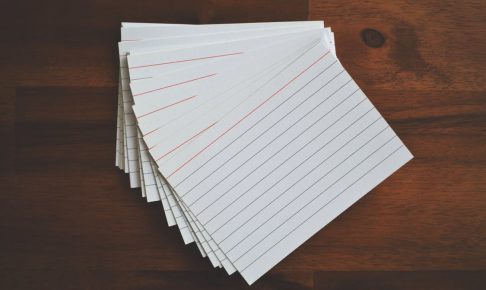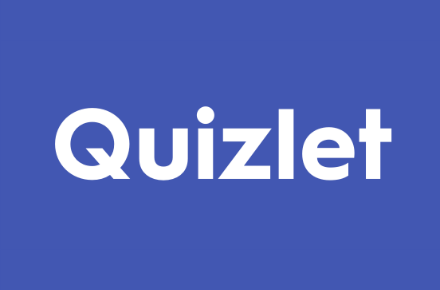- English (United States)
- 日本語
Hi guys!
When you want to memorize vocabulary, what is your favorite way?
In this blog post, I’ll discuss, as in the title, learning vocabulary by writing.
Negative Effects of Writing Vocabulary
The other day I attended a seminar conducted by Dr. Joe Barcroft from Washington University.
At the seminar, I got really surprised by some fact.
That is, “Writing a new word can have negative effects on learning it.” (Barcroft, 2006)
Isn’t it surprising?
I’m not sure about other countries but in Japan, we are told to learn Kanjis by writing them again and again. And probably because of that habit, most of Japanese learners try to learn English words by writing them, like “conscious, conscious, conscious, conscious, conscious, conscious, conscious, conscious,…”.
I even remember some teacher saying “You need to keep writing the word until you remember it.” when I was in school.
In his study, the group which learned the target words by looking at the word and meaning outperformed the group which learned by writing. (Barcroft, 2006)
Why is writing not effective?
He explains by using TOPRA (Type of Processing Resource-Allocation) model and Resource Depletion for Output Hypothesis.
What is TOPRA model?
Have you ever heard that when you are focusing on something, you can’t pay attention to other things.
For example, can you read a book, give comments about the cuisine you’re eating, and listening to the podcast all at the same time? Yeah, it’s impossible.
TOPRA model has to do with this.
When you try to learn a word, you pay attention to 1) form (spelling or pronunciation), 2)meaning (in the first language), and 3) form-meaning mapping (where you try to connect form to meaning).
TOPRA model maintains that when you focus on one of the three above, the attention to the other two will be lowered as well as the learning.
When you try to learn a word by writing, you’ll focus more on the form, so your attention to the meaning will be decreased.
In contrast, when you try to learn a word by looking at the word and meaning, you can pay attention equally to each of the form, meaning, and form-meaning mapping. That’s probably why the non-writing group in his study learned more vocabulary.
Resource Depletion for Output Hypothesis
Now I’m going to talk about Resource Depletion for Output Hypothesis.
This is a hypothesis that by producing output (or writing a new word), the cognitive resources are spent to focus on its form rather than to connect the form and meaning, and as a result, it has negative effects on remembering the new word.
This hypothesis is strongly related to aforementioned TOPRA model. Both of them talk about the importance of allocation of your attention. When you want to remember a new word, in many cases, that means you want to connect its form and meaning. Then, your attention or cognitive resources should be spent on it, not only on its form or meaning.
No Writing is Better?
In the study mentioned above, the participants took a test where they saw a picture and wrote down the word that best described the picture. If they need to write down the word in the test, it seems to be better to write down when remembering. However, the results were counterintuitive: the participants in the no-writing condition remembered better. Probably the negative effects by writing are really strong.
Having said that, I believe it’s difficult to generalize it because the participants’ L1 and the L2 shared the same writing system: Latin alphabet. They were native English speakers and the target L2 was Spanish.
If the participants had been native speakers of Japanese learning English (or native English speakers learning Russian), the results might have been different since their writing systems are different (maybe a good topic for research).
To conclude, I’m still not sure writing a new word is a good method to memorize the word.
Then, how should we learn new words?
I’ve already talked about this in a couple of posts. Take a look!
Thank you for reading!
References
Barcroft, J. (2002). Semantic and structural elaboration in L2 lexical acquisition.Language Learning 52, 323–63.
Barcroft, J. (2004). Effects of sentence writing in L2 lexical acquisition. Second Language Research 20, 303–34.
Barcroft, J. (2006). Can writing a new word detract from learning it? More negative effects of forced output during vocabulary learning. Second Language Research, SAGE Publications, 22 (4), pp.487-497.








Leave a Reply